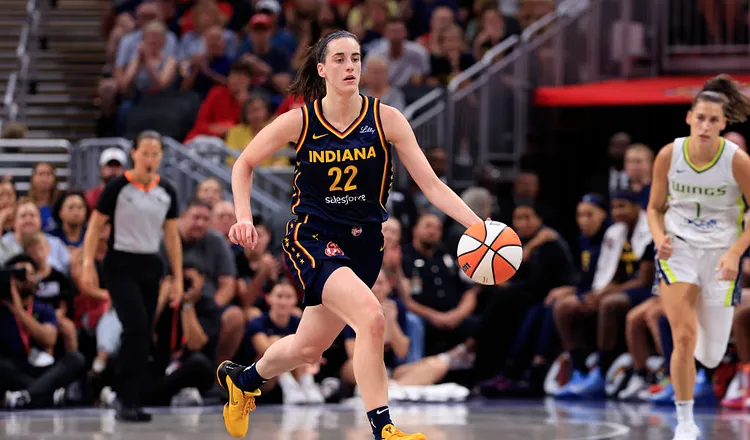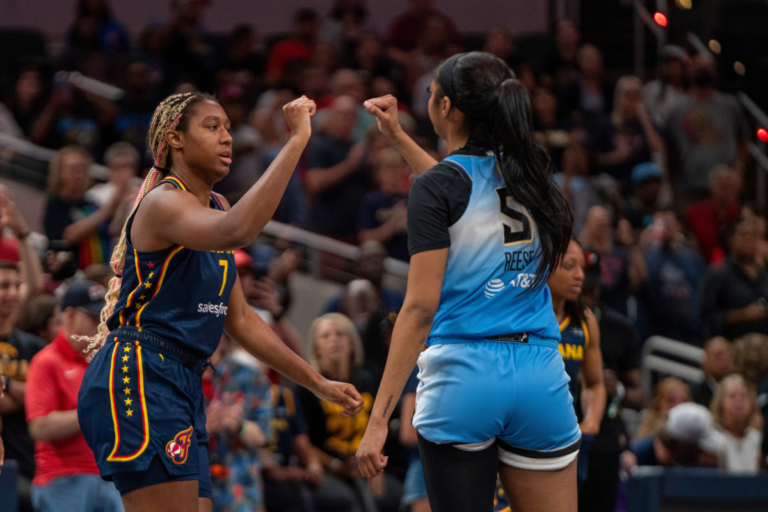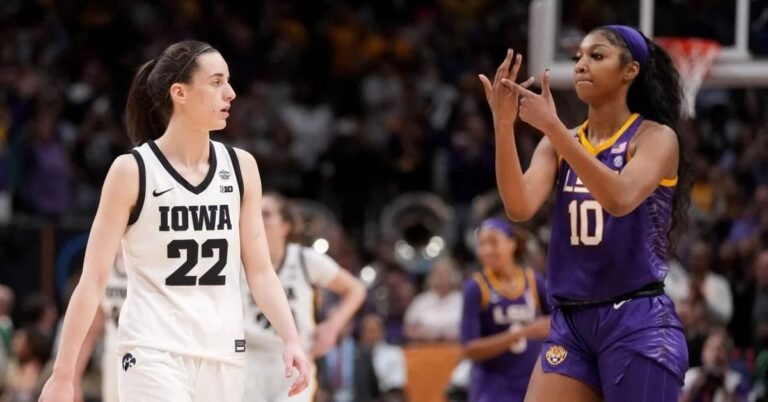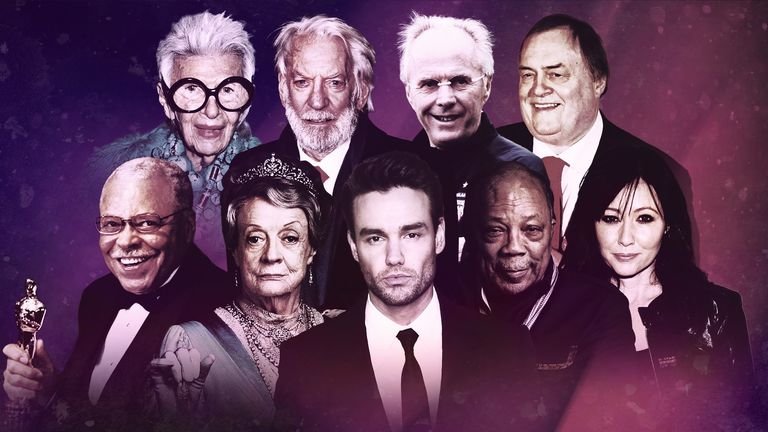
The striking photograph of Caitlin Clark gracing the cover of Time magazine as its 2024 Athlete of the Year is a testament to her remarkable journey. Her poised, confident smile and athletic physique, captured in motion with a basketball in hand, represent not only her physical prowess but also the fierce determination that has propelled her to the forefront of the sports world. Inside the magazine, Time dedicates nearly 7,000 words to Clark’s extraordinary basketball career, her friendship with Taylor Swift, and her immense impact on the WNBA during her rookie year with the Indiana Fever.
The WNBA, long marginalized and overshadowed by its male counterpart, had rarely seen the kind of mainstream visibility that Clark’s rise has brought. Prior to her, WNBA playoff games scarcely drew over a million viewers, while NBA games attracted over 10 million. With salary caps for WNBA teams set at $1.4 million—barely more than the NBA’s minimum salary for a player—Clark’s emergence on the cover of Time should have been a moment of triumph for the league. Yet, her success, particularly in the context of her race, has sparked complex reactions.
Clark’s presence as the first white female basketball player to be featured on the Time cover has stirred both admiration and resentment within the WNBA. While her undeniable talent has bolstered the league’s visibility, attracting larger audiences and record-breaking attendance, it has also ignited tensions, particularly among black players. A’ja Wilson, the reigning MVP of the league, directly pointed to Clark’s race as a key factor in her popularity, expressing frustration that black women, despite their talents, often go unrecognized. Similarly, Sheila Johnson, the black owner of the Washington Mystics, voiced similar sentiments, suggesting that Clark’s rise to fame was a consequence of her race rather than her undeniable skill.
Despite the controversy, Caitlin Clark remains focused on her basketball journey. She has consistently deflected discussions about race, choosing instead to focus on her performance on the court. However, in the Time article, Clark acknowledged the reality of her racial privilege while expressing gratitude for the contributions of black players who have helped build the WNBA. She emphasized the importance of recognizing their impact and continuing to invest in players of color. Her honesty about her privilege, however, has led to criticism, especially from some conservative voices who view her remarks as a concession to “woke” politics.
As a 22-year-old rookie, Clark finds herself at the center of a cultural and racial debate that she never sought but cannot escape. Her goal remains clear: to play basketball at the highest level, to entertain, and to inspire. Yet, as she navigates this challenging landscape, torn between praise and backlash, the scrutiny on her only intensifies. Despite the backlash, some, like LeBron James, have defended her, recognizing her talent and the unfair treatment she faces from critics who seem more interested in stoking division than celebrating her achievements. In the end, Caitlin Clark’s legacy may not only be defined by her on-court brilliance but also by her ability to navigate the complex intersections of race, gender, and sports.







